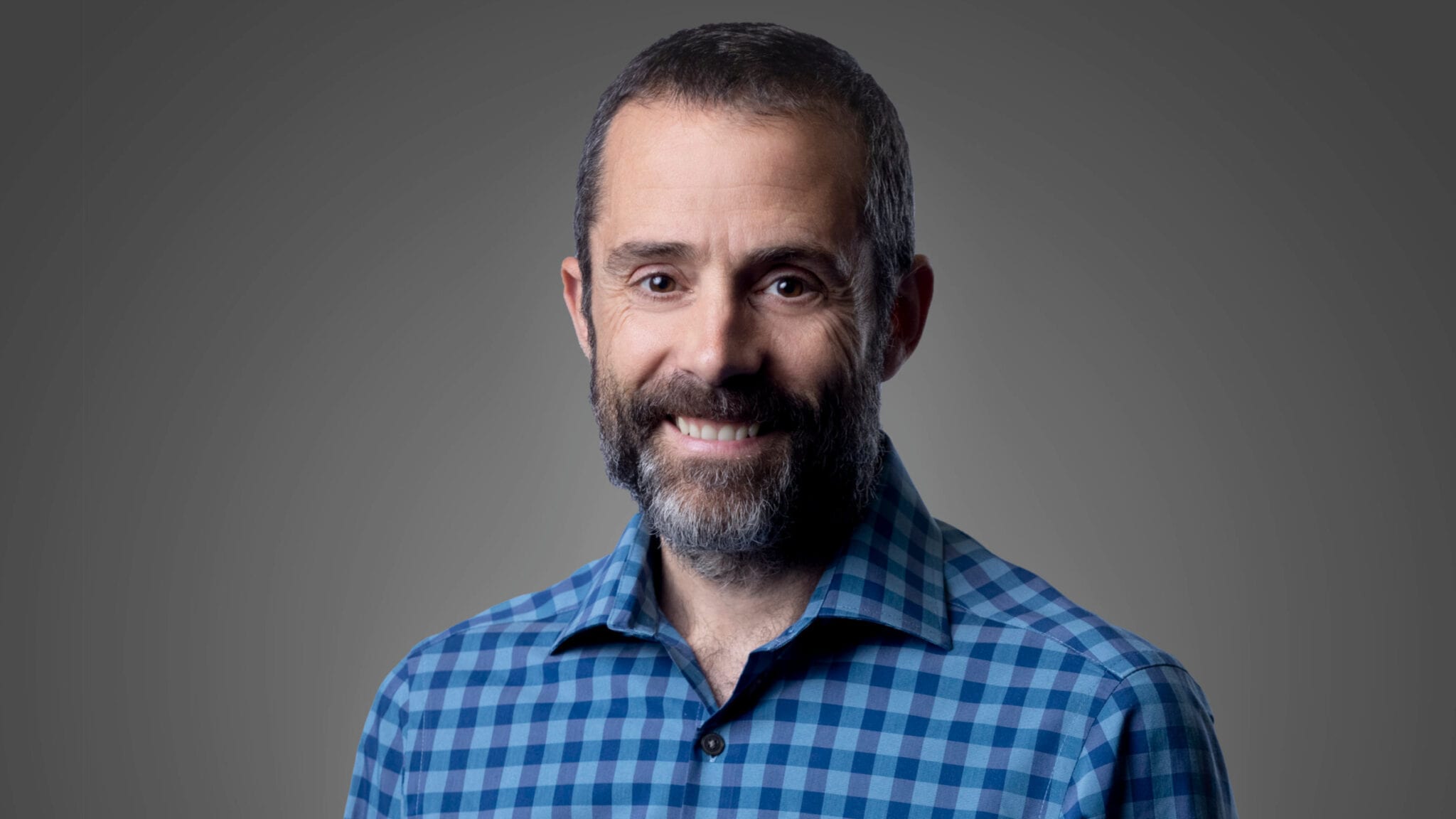
Bernat Olle, Vedanta Biosciences CEO (Vedanta)
Building off Pfizer investment, microbiome-focused Vedanta expands new fundraise to launch 2 studies
A little more than six months after winning an endorsement from Pfizer for its IBD microbiome program, Vedanta Biosciences is ready to step on …
Sign up to read this article for free.
Get free access to a limited number of articles, plus choose newsletters to get straight to your inbox.